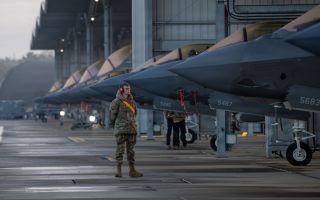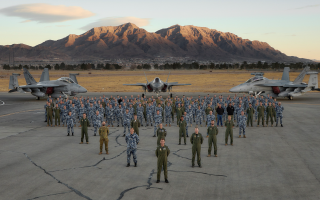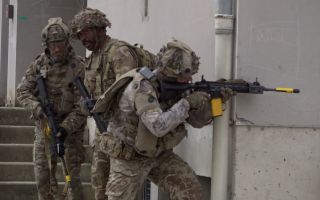
New NATO Commands Planned Amid Rising Russian Tensions

The NATO Secretary General has said he expects plans for revisions of the alliance’s command structure to be agreed upon in the Defence Ministers meeting today.
Speaking ahead of the meeting, NATO Secretary-General Jens Stoltenberg said he hopes the 29 NATO Defence Ministers would be able to agree on an ‘outline’ that would see two new command centres created.
It would be the first such expansion in 20 years after NATO cut it commands in 2011.
Speaking at NATO headquarters in Brussels yesterday, Stoltenberg detailed the idea for one command to, “help protect sea lines of communication”, while another “improve the movement of troops and equipment within Europe.”
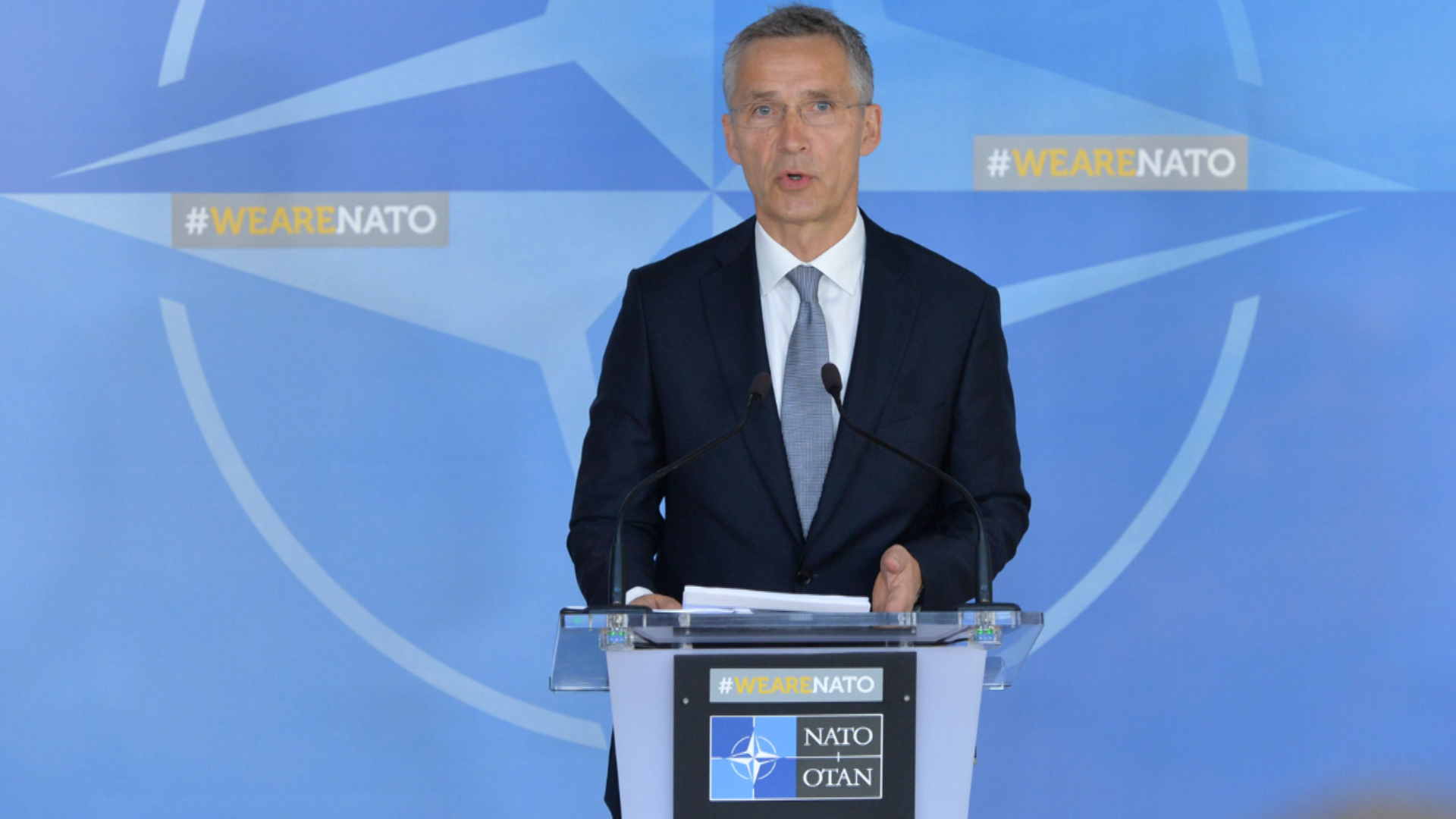
General Petr Pavel, head of NATO’s military committee, will help propose the idea to Defence Ministers in Brussels today.
If the Defence Ministers agree on the proposal, the new North Atlantic Command would, in the event of a potential conflict with Russia, have the task of ensuring the sea lanes are safe from submarines for trans-Atlantic reinforcements.
General Pavel has described Russia as a “potential threat”, in an interview with Reuters he said:
"We observe increased Russian naval activity in the Arctic in the northern Atlantic ... We also assess that for any future crisis, the reinforcement of Europe and free lines of communication will be vital for European security."
Along with the new command centers, is was also announced that from 2018 a battalion would be on standby to react to a crises in the western Balkans.
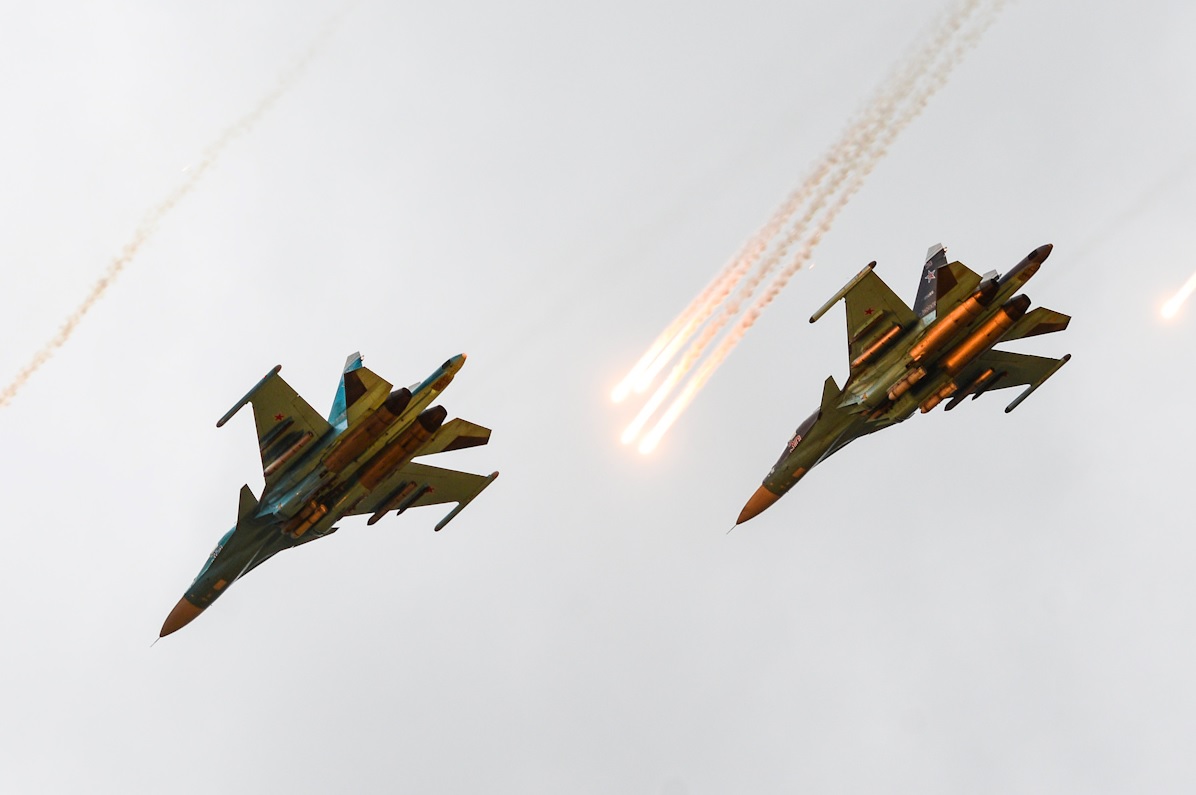
Relations between NATO and Russia have been deteriorating since Russia’s 2014 annexation of Crimea, in retaliation, NATO reinforced its presence in outposts throughout the Baltic states and Poland.
When quizzed about the cost to the alliance members, Pavel cautioned there were to be no shortcuts.
"I believe we are now out of the realm of doing more with less. We simply have to understand that wherever we want to do more, there will be resource implications
"We can call it modernization, we can call it adaptation. We simply have to adapt to a new reality."
After last month’s NATO-Russia Council meeting, Stoltenberg refused to disclose whether the new command centres had even been discussed.
Russia condemns the moves as an aggressive strategy on its frontiers that threatens to destabilize eastern Europe.




